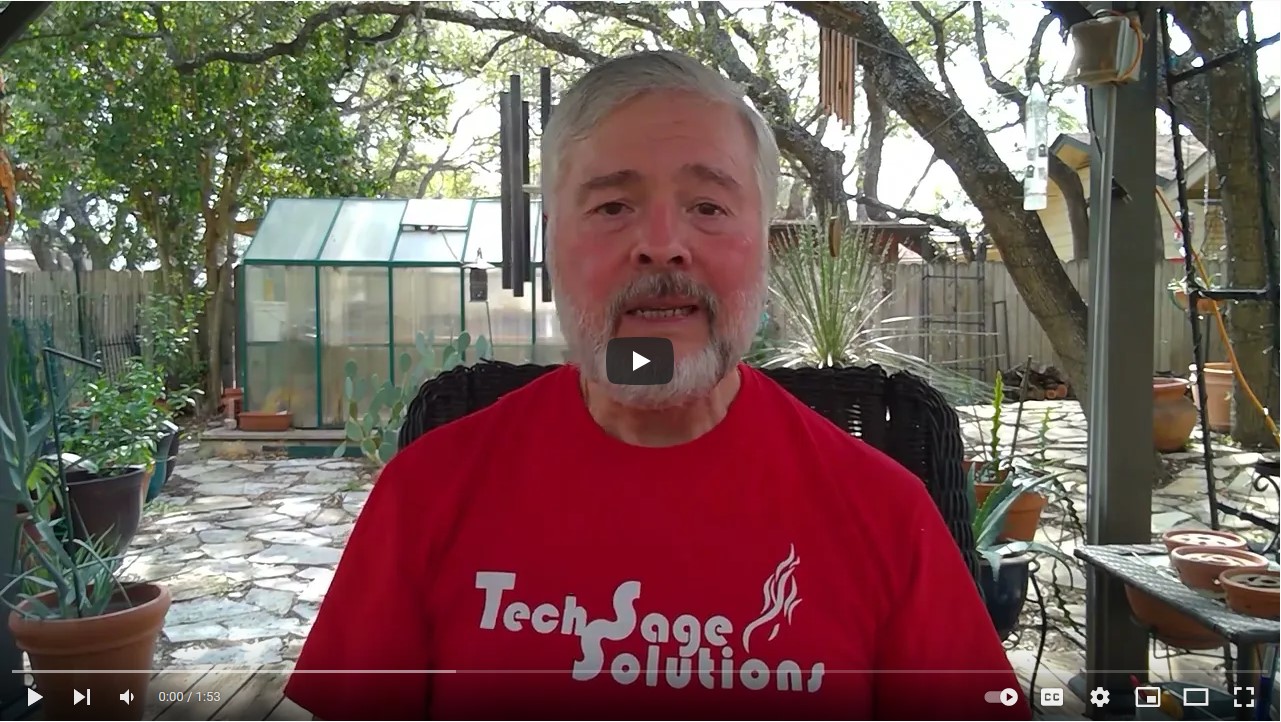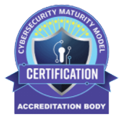
There's a sneaky trick used by many hackers they don't want to share with you today. They purchase and they set up a fraudulent website. It's a close misspelling of a legitimate one. For example, Facebook.com has an extra zero Dropbox dot net instead of dot com. All you have to do is accidentally fat finger one letter in the URL and up pops a very legitimate looking fake copy of the website you were trying to get to and the log in. The links are full of keylogger, malware and virus landmines just waiting for you to click on. This is particularly important for any social networks you belong to.
To prevent this, your department should install an advanced security solution that blocks sites that are suspicious or fraudulent. That way, even if you click on a link to a phishing site, get directed to an infected site, or accidentally type in the wrong URL. That's how it's going to be blocked protecting you and your employees. Remember, with users working all over the place, you need more than just a sophisticated corporate firewall to protect you. You'll need an advanced cybersecurity solution on each of the computers that your remote workers are using to keep hackers from getting to them and to your company data.








